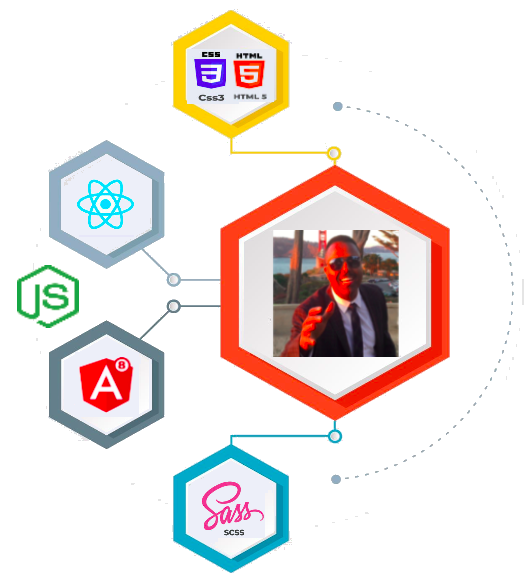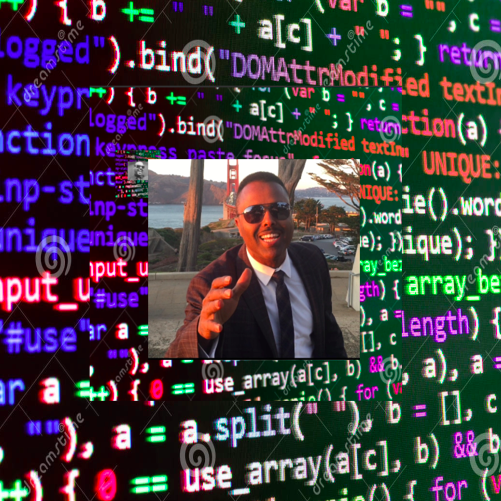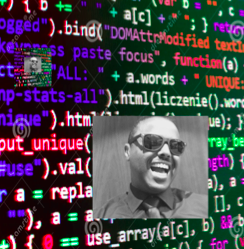Stage 1: Introductions
* Prepare a rehearsed 30-60 second introduction about your education, work experience, and interests.
* Speak with confidence and maintain a pleasant demeanor.
* Show interest in the interviewer by paying attention to their background, which you can incorporate into your questions later.
Stage 2: Problem Statement
* Paraphrase the problem back to the interviewer after they have presented it to you.
* Ask clarifying questions about the input, such as expected input size, edge cases, and invalid inputs.
* Walk through an example test case quickly to confirm your understanding of the problem.
Stage 3: Brainstorming DS&A
* Think out loud and explain your thought process.
* Break down the problem and consider the data structures and algorithms that can solve it with optimal time complexity.
* Be open to feedback from the interviewer, as they might provide hints towards the correct solution.
* Before coding, explain your approach to the interviewer and ensure they understand and agree with it.
Stage 4: Implementation
* Describe your decision-making process as you implement the solution.
* Write clean code following the conventions of your chosen programming language.
* Avoid duplicating code and utilize helper functions or loops for repeated code segments.
* If you get stuck, communicate your concerns with the interviewer.
* Don't hesitate to start with a brute force solution (while acknowledging it as such) and then optimize the "slow" parts.
Stage 5: Testing & Debugging
* Keep track of variables by writing them at the bottom of the file and update them as you progress.
* Use print statements to debug errors and walk through small test cases, comparing expected and actual variable values.
* Maintain communication with your interviewer and discuss any issues or challenges you encounter.
Stage 6: Explanations and Follow-ups
Be prepared to answer questions such as:
* Time and space complexity, including average and worst case.
* The reasoning behind your choice of data structure, algorithm, or logic.
* Potential improvements to the algorithm in terms of complexity. Usually, the answer is yes if your algorithm is slower than O(n).
Stage 7: Outro
* Prepare questions about the company to show your interest.
* Engage with your interviewer, ask follow-up questions, and maintain a positive attitude throughout the conversation.








 Printer Friendly Version
Printer Friendly Version